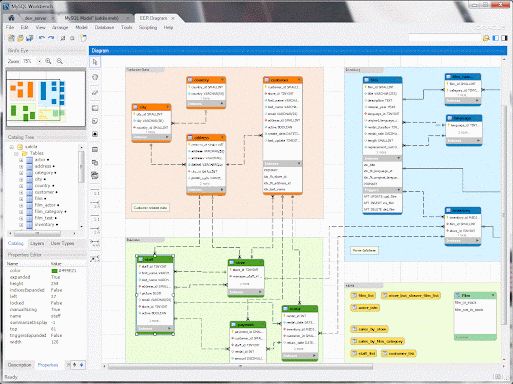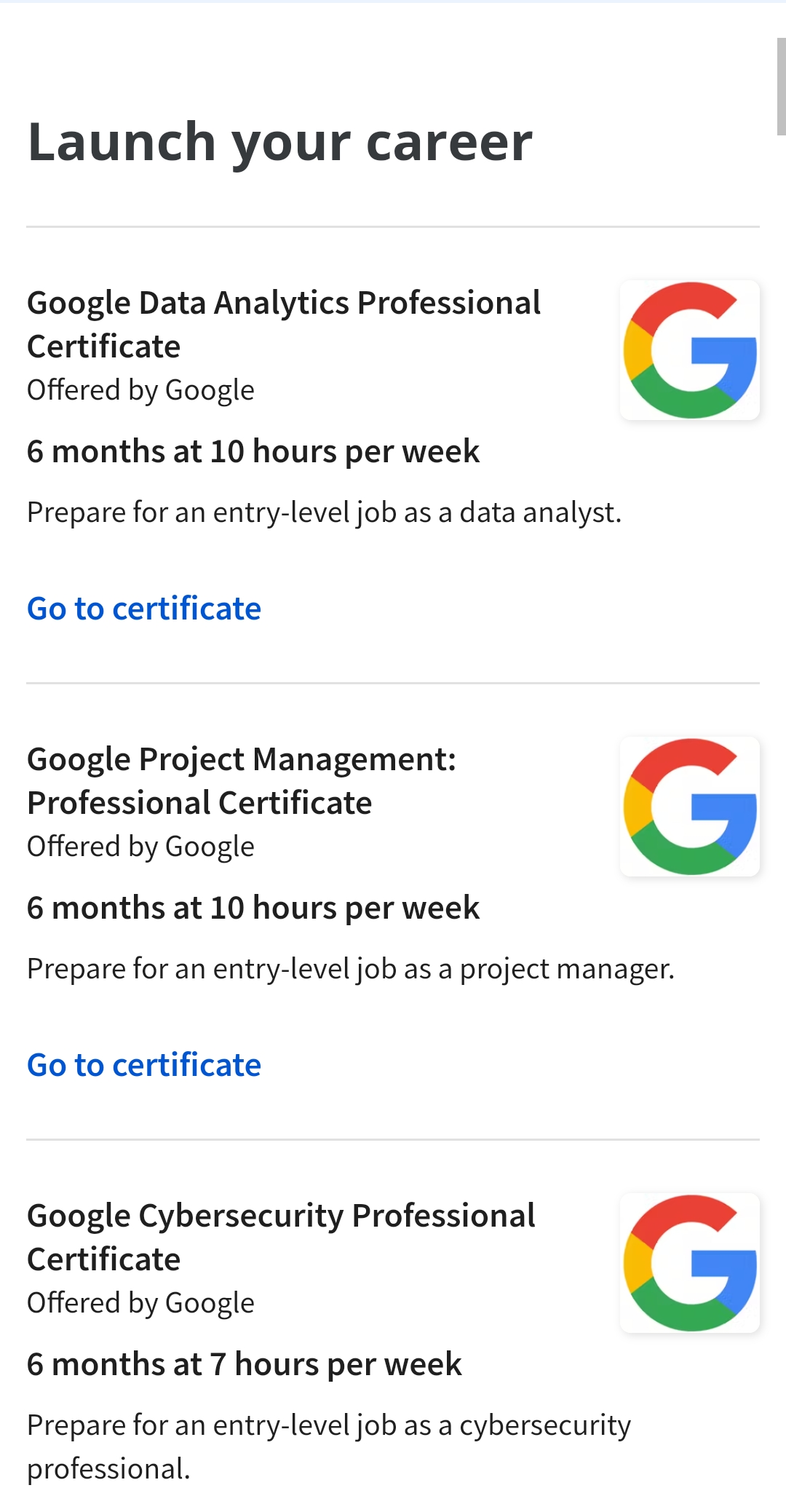A database developer is responsible for designing, developing, and maintaining database systems for an organization. To become a successful database developer, you need to have a strong understanding of database management systems (DBMS), data modeling, query languages, and programming languages. In this article, we will discuss the roadmap to becoming a successful database developer.
Understanding Database Fundamentals
To become a successful database developer, it is essential to have a strong understanding of database fundamentals. This includes understanding the different types of databases, data models, normalization techniques, and query optimization. You need to know how to design, implement, and manage databases effectively.
We Recommend the Following FREE Courses:
Fundamentals of Database Systems
Fundamentals of Data Warehousing
Learning SQL
SQL is a query language used to manage relational databases. As a database developer, you need to have a strong understanding of SQL and know how to use it to manage databases effectively. This includes creating and modifying database objects, querying databases, and optimizing queries for performance.
We Recommend the Following FREE Courses:
Oracle SQL Basics
Developing Applications with SQL, Databases, and Django
Programming Languages
Programming languages like Python, Java, and C# are commonly used to develop applications that interact with databases. As a database developer, you need to have a strong understanding of programming languages and know how to use them to develop database applications. This includes writing database APIs, developing stored procedures, and integrating databases into applications.
We Recommend the Following FREE Courses:
Create a C# Application to process MongoDB Data
Database Management Systems (DBMS)
A database management system (DBMS) is software that manages the storage, organization, and retrieval of data in a database. As a database developer, you need to have a strong understanding of DBMS and know how to use it to develop and manage databases effectively. This includes selecting the right DBMS, designing database schemas, and optimizing database performance.
We Recommend the Following FREE Courses:
Introduction to Relational Databases (RDBMS)
Introduction to Databases for Back-End Development
Introduction to Databases
Data Modeling
Data modeling is the process of creating a conceptual, logical, and physical representation of data. As a database developer, you need to have a strong understanding of data modeling and know how to use it to design and build databases. This includes creating data models, defining relationships, and ensuring data integrity.
We Recommend the following FREE Courses:
Advanced Data Modeling
Modeling Time Series and Sequential Data
Database Administration
Database administration involves managing the performance, security, and availability of a database. As a database developer, you need to have a strong understanding of database administration and know how to use it to manage databases effectively. This includes managing user access and permissions, configuring backups and recovery, and implementing security measures.
We Recommend the Following FREE Courses:
Relational Database Administration (DBA)
Continuous Learning
Database development is a constantly evolving field, and as a database developer, you need to keep up with the latest trends and technologies. Continuous learning is essential for staying up-to-date with new DBMS tools, programming languages, and data modeling techniques.
Conclusion
Becoming a successful database developer requires a range of skills, including technical knowledge, SQL, programming languages, DBMS, data modeling, and database administration. By understanding database fundamentals, learning SQL and programming languages, and continuously learning, you can become a successful database developer. Remember that database management systems, data modeling, and database administration are critical aspects of database development.


